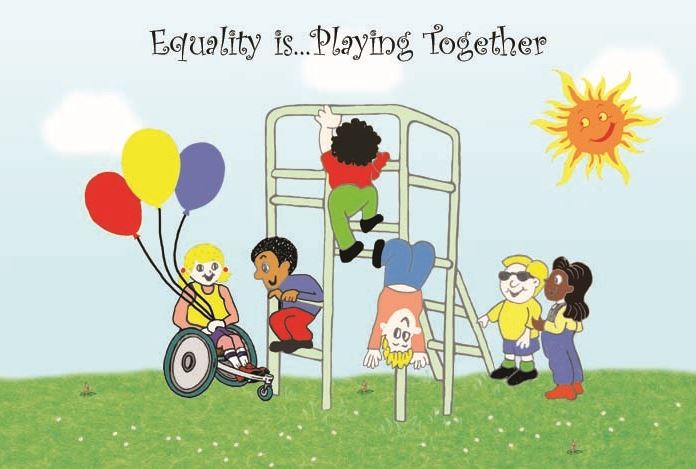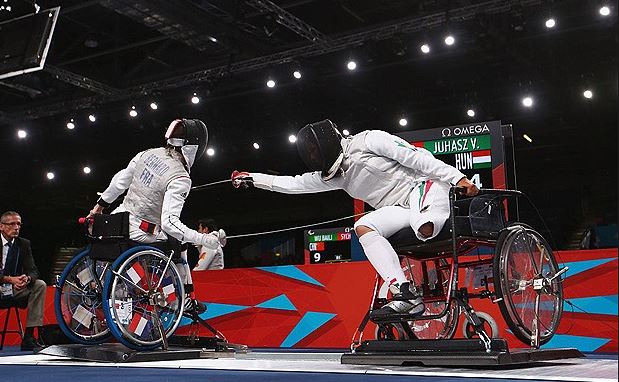Special Needs in Society
Inclusion of persons with special needs in society
We should make an effort to treat people with special needs as members of society. We should not treat them differently.
People with special needs are those people who face various challenges that make their life difficult. These include the physically, mentally or socially challenged.
People in this group include lame, blind, deaf, very old, the sick, orphans, street families, albinos, and the very poor.

Building positive attitudes
Citizens should be sensitised in order to treat people with special needs positively.
Some people with special needs can do the same things that people without disabilities can do, sometimes even better. Therefore, they should not be treated with pity, but with support and encouragement.
People with special needs should also be encouraged to develop positive attitude towards themselves, life and those around them.
Creating friendly environments
We should all have positive attitude towards people with special needs. This can be done in the following ways:
- Letting people with special needs exercise their abilities to the maximum, without interrupting or offering help.
- Creating awareness about the importance of accepting people with special needs as being equal citizens with the same rights as everyone else.
- Providing counseling services to families with members with special needs so that they do not exclude them from the activities in society. Such families should be encouraged to seek help from the government or other members in the community when necessary.
The campaigner climbed to the top of Mount Kilimanjiro to raise awareness for albino rights.

Providing equal opportunities
People with special needs should be given support in order to use their abilities to the maximum. Below are some of the ways in which this may be done.
- The rights of the persons with challenges should be respected.
- They should be allowed to take any subjects they are interested in and can handle without being discouraged.
- The school environment should cater for their special needs. For example, schools should create rumps so that a person in a wheelchair can move around freely without getting an accident.
- The school through the government should provide learning equipment like Braille machines and books for sign language for the blind in order to support their learning process.
- They should take part in games, sports and co-curricula activities to the best of their ability.
- Children with special needs should be given responsibilities like any other child. For example, they should serve as prefect or chair committees or clubs.
- The government should provide trained teachers for children with special needs
Disabled people should be able to take part in sports and games.



